2015 Towel Day / Wear the Lilac Day
The 25th of May celebrates the lives and works of two innovative and inspirational writers, Douglas Noel Adams and Sir Terry Pratchett.
Towel Day came about two weeks after Douglas Adams died unexpectedly of a heart attack on May 11, 2001. He was only 49. The ‘Towel’ in Towel Day, of course, refers to the iconic towel that all intergalactic travelers are advised to carry in his book The Hitchhiker’s Guide to the Galaxy.*
In 2007, Terry Pratchett was diagnosed with are rare form of early onset Alzheimer’s disease known as Posterior Cortical Atrophy. Wear the Lilac Day began in 2008 with ‘Match It For Pratchett’, an unofficial fan initiative that called on Discworld readers to donate money for Alzheimer’s research and to wear lilacs on May 25th to promote awareness of the disease. The symbol and the date derive from a fictional event in Pratchett’s book Night Watch, which was published in 2002. Sadly, Terry Pratchett died on 12 March 2015 at the age of 66. Wear the Lilac Day now appears to be evolving into a general commemoration of Sir Terry.
Douglas Adams and Terry Pratchett have often been compared. Both were British, both wrote humorously meaningful speculative fiction, and both might be described as cynical optimists with strong humanistic outlooks that came through in their fiction. The style and content of their writing, however is quite different. Adams’ has more of an absurdist, laugh out loud, quality. Although Pratchett’s books may also provoke laughs, they tend more toward quite, contemplative smiles and richly constructed settings and characters. Both, however, provide insights into what it means to be human. What humans are. How they behave. How they think.
In Adams’ books, the world happens to people, and they deal with it. His widely acclaimed Hitchhiker’s Guide to the Galaxy begins with a normal fellow going about his normal life, concerned about normal things, when, to the surprise of all, Earth is destroyed by aliens creating a hyperspace bypass. What he’s telling us is that, in the cosmic scope of things, our normal concerns are not all that important. This is good to remember. When you find yourself wallowing in personal troubles, step back and get some perspective. At least there isn’t a Vogon constructor fleet in orbit above you threatening the extinction of all life on Earth.
Pratchett does much the same with Discworld, but rather than the world happening to people, people happen to the world. In the cosmic scope of things, we may not be all that important, but what we do matters, at least for a while. Many of his tales are like morality lessons in which the human characters take a stand against sexism (e.g. Equal Rites), prejudice (e.g. Unseen Academicals), dogmatism (e.g. Pyramids and Small Gods), jingoism (e.g. Jingo), slavery and oppression (e.g. Snuff)…. Well, you get the point. He wrote over 40 Discworld stories (and about 30 others), and most of them point to some human foible worthy of examination.
Both writers also clearly maintain a distinction between fantasy and reality. Adams demonstrates this with absurd aliens (e.g. Vogons) and such things as the Infinite Improbability Drive. Pratchett does it by having a flat world that rides on the back of four elephants atop a spacefaring turtle. The settings aren’t intended to be taken as even remotely possible. Their fiction is, well, clearly fiction. You’re not supposed to take story on the surface seriously, although the stuff behind it is a different matter entirely. Don’t be confused by the humor. There is some serious literature going on here, and the obvious lies these authors tell us reveal subtle truths about human nature.**
Both writers have a large and devoted following, with considerable overlap between them. Chances are good that if you like one, you will like the other, which is why I think 25 May is a good day to celebrate both. I admire both of them. Much of who I am and who I am becoming is due to the influence of their writing. Words have power.***
So, for all you hoopy froods out there, Happy Towel Day, and to all Discworld visitors, Happy Wear the Lilac Day. If things are getting you down, don’t panic. Read (or reread) one of their books. They can help make your journeys through life, the universe, and everything more enjoyable.
_______________________________________
Footnotes:
* See my 2012 post In Recognition of Towel Day (link below)
** Personal note: I have a pet peeve with fiction that attempts to portray fantasy settings as ‘realistic’. They’re not. I have a rather incredulous and highly skeptical nature, and, consequently, an aversion to suspend disbelief. In fact, I dislike stories that seem to take themselves too seriously because it feels like intentional deception. Fantasy can, however, highlight and magnify things that are true. Both Adams and Pratchett do this extremely well.
*** “…words can be even more powerful than magic.” Quoted from Terry Pratchett’s Wyrd Sisters, a parody of Shakespeare’s Macbeth. https://www.goodreads.com/review/show/169437985
~*~
Related Posts:
• Discworld – The Final Sunrise (A Fan-Fic Tribute Mar. 2015) https://dlmorrese.wordpress.com/2015/03/15/discworld-the-final-sunrise/
• A Tribute to Terry Pratchett (Mar. 2015) https://dlmorrese.wordpress.com/2015/03/13/a-tribute-to-terry-pratchett/
• Marvin’s Towel Day Present (A Poem for Towel Day 2014) https://dlmorrese.wordpress.com/2014/04/25/marvins-towel-day-present/
• ‘Twas The Night Before Towel Day (A Poem for Towel Day 2013) https://dlmorrese.wordpress.com/2013/05/12/twas-the-night-before-towel-day/
• In Recognition of Towel Day (2012) https://dlmorrese.wordpress.com/2012/05/17/in-recognition-of-towel-day/
**GNU-Terry Pratchett**
Posted on May 24, 2015, in Speculative Fiction and tagged Discworld, Douglas Adams, H2G2, Terry Pratchett, Towel Day, Wear the Lilac Day. Bookmark the permalink. 2 Comments.


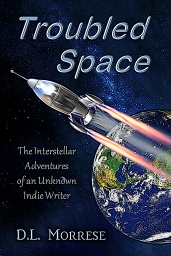
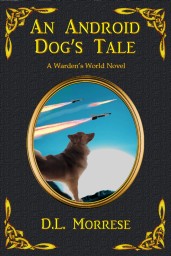
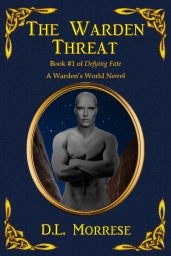
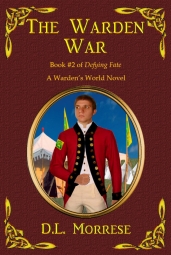

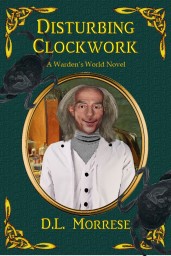
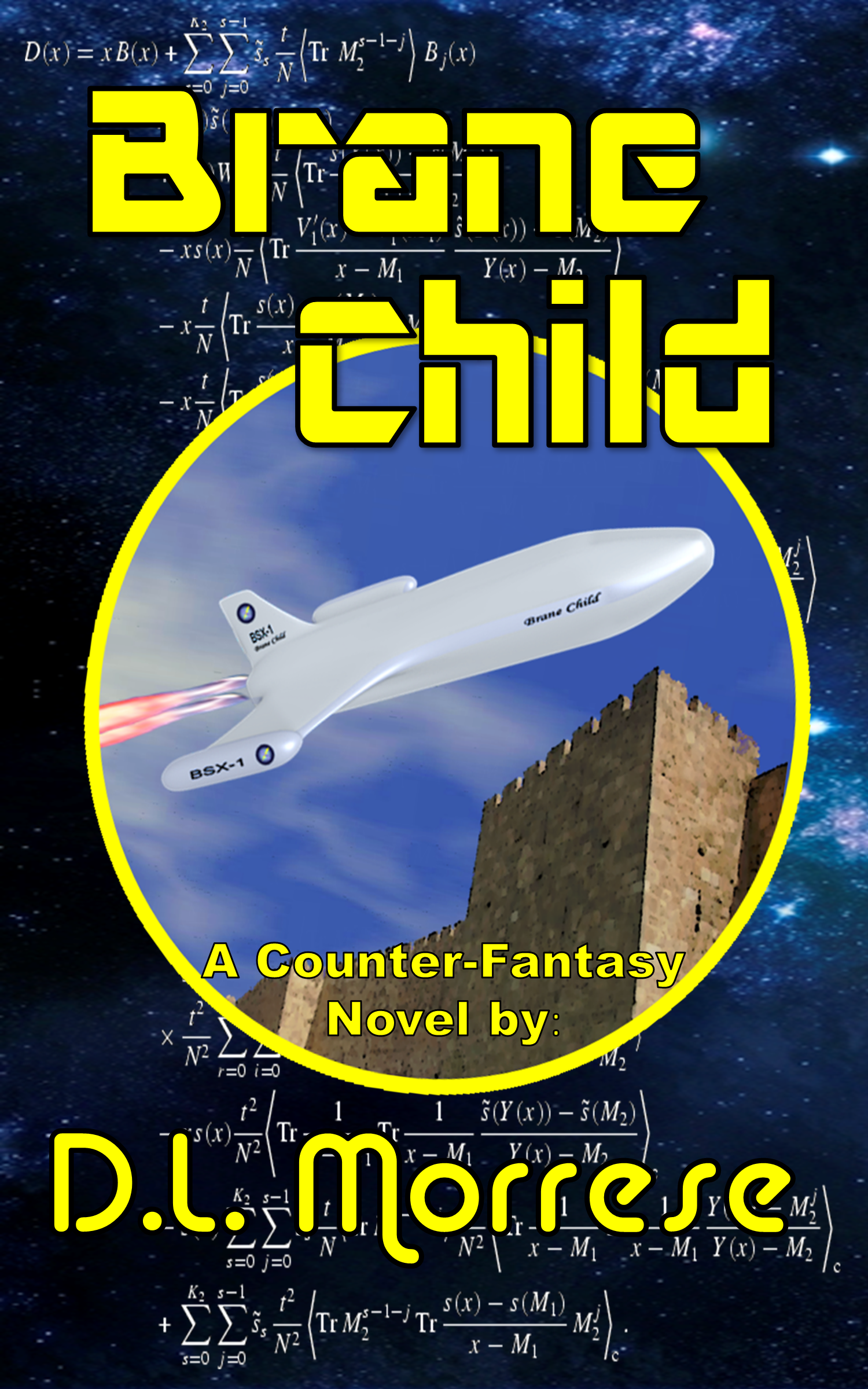




Great Post! I think you described their different way of expressing themselves quite well. It’s also not a neither or nor when it comes to their writing—it’s both.
Pingback: What is Counter-Fantasy? | DL Morrese